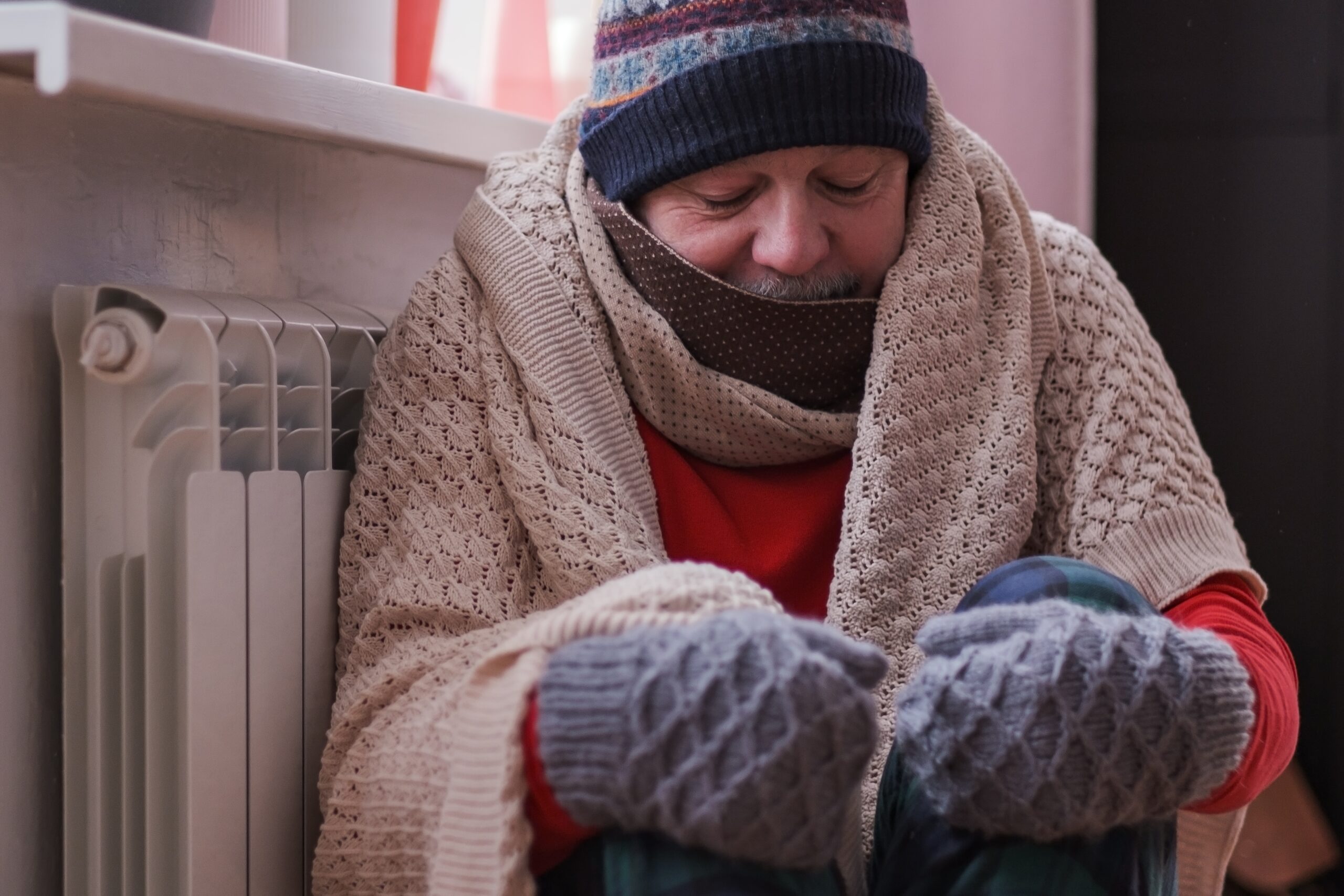How Housing Disrepair Affects Vulnerable Tenants: Special Considerations
or call Legal HD on 0161 974 7350

How Housing Disrepair Affects Vulnerable Tenants: Special Considerations
or call Legal HD on 0161 974 7350
In order to make a valid claim for housing disrepair the tenant must be renting property from a local authority, social housing or through a housing association. These types of affordable housing are often home to a number of tenants who could be described as ‘vulnerable’. The impact of housing disrepair issues on vulnerable tenants can be worse, because these tenants are already in need of additional support in many cases, and are therefore more affected by issues which impact on their health and wellbeing.
When we talk about vulnerable tenants, we can include:
- Low-income families
- Elderly people
- People living with disabilities
- People living with a physical or mental illness
Why are vulnerable tenants more affected by housing disrepair issues?
Housing disrepair issues can be relatively minor, and can be something which a tenant is able to live with, as long as the issue is eventually dealt with before it gets worse. But a disrepair issue can also be significant and can require immediate attention. And this becomes more important if the tenant is vulnerable. Housing disrepair issues can cause bigger issues to vulnerable tenants because:
- They may not identify or become aware of the issue until it becomes very serious.
- Vulnerable people often have less resilience and can’t fight the problem. In some cases this may lead to the tenant not even raising the issue, because of a victim mentality, i.e. they don’t believe the landlord will do anything about it.
- The disrepair issue could impact a person’s mental or physical health, or because of these conditions, the person is more reliant on basic facilities.
- The disrepair issue could cause more financial strain.
- The disrepair issue could impact on a person’s employment, or the education needs of children.
Vulnerable tenants living in affordable housing can be more at risk of experiencing disrepair issues where properties are not well maintained, may not be well constructed or may be an older property. A low standard of accommodation can lead to disrepair issues more easily, but a vulnerable tenant should not simply accept these issues as a consequence of more affordable housing. Every tenant has a right to live in safe and comfortable accommodation, and every landlord has a duty to provide this as part of a tenancy agreement.
What should a vulnerable tenant do when facing a housing disrepair issue?
First and foremost, any housing disrepair issue should be reported immediately to the landlord. The landlord should be given a reasonable period of time to address the issue, based on the severity of it. For example, anything that poses an immediate safety risk – such as an electrical issue, or structural issue – should be dealt with straight away, while other issues, you could afford to live with for a few days, but the issue definitely needs addressing in a timely manner.
Once a vulnerable tenant has reported a housing disrepair issue to their landlord, and while they are waiting for it to be addressed, they should maintain evidence of the problem. This includes:
- Take photos of the problem now and over time if it gets worse.
- Take witness statements from friends and support personnel who have also seen the problem and how it is affecting you.
- Record the dates and nature of all communications with the landlord and any contractors employed to address the issue.
Finally, if the housing disrepair issue has not been addressed after having given the landlord a reasonable period of time to act, then you should contact Legal HD to start a housing disrepair claim. Our experts can assess your circumstances and the nature of the disrepair issue, and can establish whether you have valid grounds to make a claim. We work on a no win, no fee basis so you can pursue a claim without financial risk to you. Contact our team today if this applies to you, or someone you are currently looking after.


